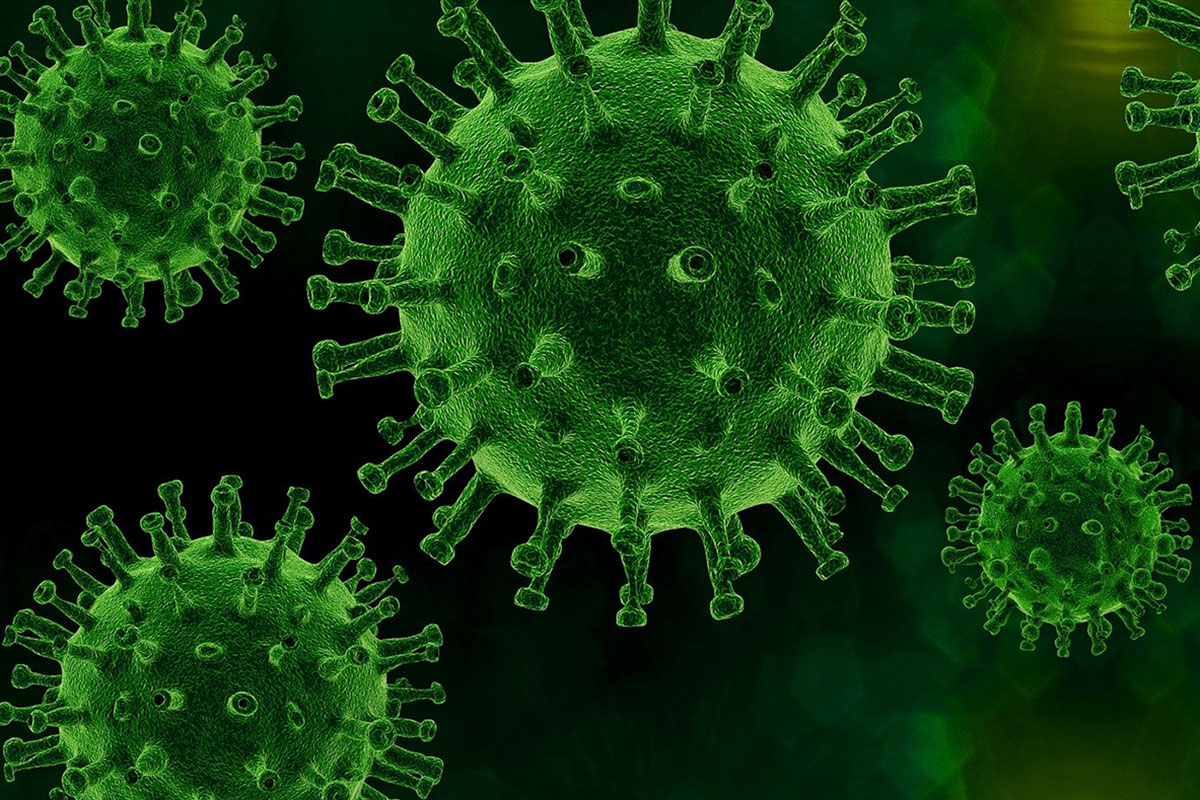
India is once again in the grip of a Covid-19 resurgence, with 752 new cases reported in the last week, bringing the country’s active caseload to over 1,000, according to data released by the Union Health Ministry on Monday, May 26, 2025. The spike, concentrated in a few key states, has prompted heightened vigilance from health authorities, though officials maintain that the situation is under control.
The states of Kerala, Maharashtra, and Delhi are bearing the brunt of the surge, collectively accounting for the majority of new infections. Other states, including Gujarat, Karnataka, Uttar Pradesh, and West Bengal, have also reported fresh cases, though in smaller numbers. The Union Health Secretary reviewed the national situation on Saturday, noting that most cases are mild and are being managed through home care.


State-Wise Breakdown of the Surge
Here’s a closer look at the states driving the current wave of infections:
-
Kerala: The southern state reported 335 new cases in the past week, pushing its active caseload to 430. Kerala has emerged as the epicenter of the resurgence, with health officials closely monitoring the situation. The state’s high testing rates and robust surveillance systems may partly explain the elevated numbers, but the rapid rise in cases has sparked concern.
-
Maharashtra: With 153 fresh infections, Maharashtra’s active caseload now stands at 209. The state, which was hit hard during previous waves, is once again grappling with a steady stream of new cases, particularly in urban centers like Mumbai and Pune.
-
Delhi: The national capital recorded 99 new cases over the past week, bringing its active caseload to 104. Delhi’s Chief Minister, Rekha Gupta, addressed the situation, assuring the public that there is no cause for alarm. “Our hospitals are fully prepared, and we have issued an advisory to ensure all necessary precautions are in place,” Gupta told reporters, as quoted by the news agency PTI.
-
Other States: Gujarat reported 83 new cases, followed by Karnataka with 47, Uttar Pradesh with 15, and West Bengal with 12. While these states are seeing fewer infections compared to the top three, the spread across multiple regions underscores the need for coordinated action.

Emergence of New Variants: NB.1.8.1 and LF.7
Adding to the complexity of the situation, the Indian SARS-CoV-2 Genomics Consortium (Insacog) has identified two new Covid-19 variants circulating in the country: NB.1.8.1 and LF.7. According to Insacog’s latest data, these variants are classified by the World Health Organization (WHO) as Variants Under Monitoring, meaning they are being tracked for potential impact but are not yet considered Variants of Concern or Variants of Interest.
While details about the transmissibility and severity of these variants remain limited, their detection has heightened the urgency of genomic surveillance. Health experts are working to determine whether NB.1.8.1 and LF.7 are contributing to the current spike or if the rise is due to other factors, such as waning immunity or increased social interactions.

Government Response: “No Need to Panic”
In response to the surge, the Union Health Ministry has emphasized that the situation is manageable. A statement released on Saturday highlighted that the majority of cases are mild and do not require hospitalization. “Cases have mainly been reported from Kerala, Tamil Nadu, Maharashtra, and Karnataka. Most cases are mild and under home care,” the ministry noted.
In Delhi, Chief Minister Rekha Gupta echoed this sentiment, urging residents to remain calm. “We have details of the Covid-19 cases. Our hospitals have all the facilities. We have also issued an advisory,” she said. The advisory likely includes standard precautions such as mask-wearing, social distancing, and timely testing for symptomatic individuals.
The Union Health Secretary’s review on Saturday focused on ensuring that states have adequate resources to handle the uptick. Hospitals across the affected regions have been directed to maintain sufficient oxygen supplies, ventilators, and ICU beds, drawing on lessons learned from previous waves.

What’s Driving the Surge?
Several factors could be contributing to the recent rise in cases. Experts point to the following possibilities:
-
Waning Immunity: As time passes since the last major vaccination drives, immunity from vaccines or prior infections may be declining, leaving populations more susceptible.
-
New Variants: The emergence of NB.1.8.1 and LF.7 could be playing a role, though their exact impact is still under investigation.
-
Increased Mobility: With festivals, travel, and social gatherings on the rise, the virus may be finding more opportunities to spread.
-
Testing and Surveillance: States like Kerala, with robust testing infrastructure, may be detecting more cases simply because they are testing more aggressively.

Public Health Measures and Advisories
The Union Health Ministry and state governments have issued advisories to curb the spread of the virus. These include:
-
Mask-Wearing: Encouraging the use of masks in crowded or indoor settings.
-
Testing and Isolation: Urging individuals with symptoms to get tested promptly and isolate if positive.
-
Vaccination: Promoting booster doses for eligible populations to bolster immunity.
-
Surveillance: Strengthening genomic sequencing to track the spread of new variants.
Hospitals have been instructed to remain on high alert, with dedicated Covid-19 wards and isolation facilities ready to accommodate any potential increase in severe cases.

The Road Ahead
While the current surge is concerning, health officials are optimistic that India’s robust healthcare infrastructure and experience from past waves will help contain the situation. The focus remains on early detection, effective treatment, and public awareness to prevent a larger outbreak.
For now, the public is advised to stay vigilant, follow local guidelines, and seek medical attention if symptoms arise. As the situation evolves, BrinksReport.com will continue to provide updates on the latest developments in India’s fight against Covid-19.
Stay tuned for more updates, and stay safe!












